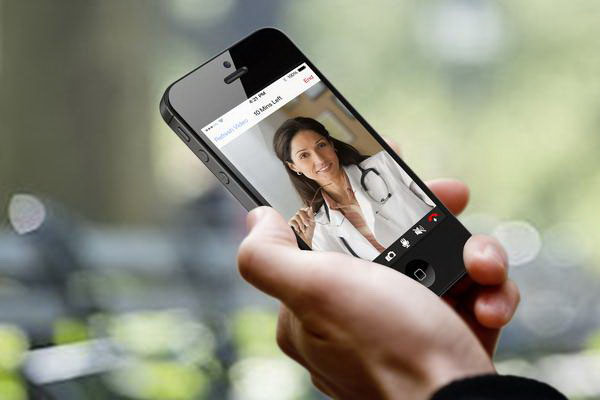Telemedicine is an important part of the healthcare industry, and value-based healthcare is a way to generate additional revenue, reduce costs and improve patient satisfaction. One of the biggest changes in healthcare in the past decade has been that telemedicine is experiencing rapid growth and is widely used in many industries. The origin of telemedicine, first aid is not only medical helicopters. Telemedicine originated in the United States. As early as 2005, the Oral and Maxillofacial Surgery Center of the INNENSTADT Hospital affiliated to the University of Munich in Germany and the Oral and Maxillofacial Surgery Center of the SAPIENZA University School of Medicine in Rome, Italy, have realized remote consultations between hospitals in different cities. By 2014, the construction of telemedicine systems in world-renowned hospitals such as the Harvard University General Hospital of Massachusetts (MGH), the University Hospital of Chicago, the Wayne University Affiliated Hospital, and the University of Michigan Ann Arbor General Hospital have made great strides. Telemedicine in the United States is more developed, such as Massachusetts General Hospital and Ann Arbor General Hospital. Many emergency aids in remote areas use medical helicopter rescue. The helicopter can be equipped with a portable B-computer, defibrillator, and various monitors. The first time of emergency treatment evaluates the patient's condition, monitors the patient's vital signs, and can send the data back to the university hospital immediately, which can guide the emergency treatment on the aircraft and in the ambulance, and the experts in the hospital can immediately prepare the surgical room instruments and Personnel to achieve remote medical first aid. The role of telemedicine makes it less difficult to see a doctor. Telemedicine can serve both healthcare workers and patients in the grassroots and remote areas. Through telemedicine consultation, video consultation, remote preoperative guidance, etc., the diagnosis accuracy of the disease can be better improved. For patients with difficult diseases, a joint consultation of multiple subjects and experts can be realized, and the best treatment plan can be selected to reduce Medical risks and complications have enabled patients to enjoy the rich experience of medical treatment and superb medical skills in major hospitals thousands of miles away. Using advanced video technology, detailed records of post-operative review and postoperative follow-up of patients can be achieved, which can greatly save the cost of transportation and accommodation for patients visiting large hospitals in large cities, which not only reduces the economic burden of patients' families, but also alleviates the large hospitals. The situation of overcrowding has achieved good social benefits. For medical staff in the grassroots and remote areas, telemedicine is equally significant, and local medical workers can not only learn and improve in the treatment of local patients. China's telemedicine market prospects, all good Driven by strong economic, social and political forces, telemedicine is rapidly taking over the market, most notably, with increasing consumer demand for cheaper and more accessible health care. These forces are driving the growth of healthcare providers to adapt their business models to the new healthcare market. Magnesium Fortifier,Magnesium Sulfate Dried Product,Magnesium Sulfate Heptahydrate,Anhydrous Magnesium Sulfate LIANYUNGANGLONGTAIWEI FOOD INGREDIENTS CO.,LTD. , https://www.longtaiweifood.com